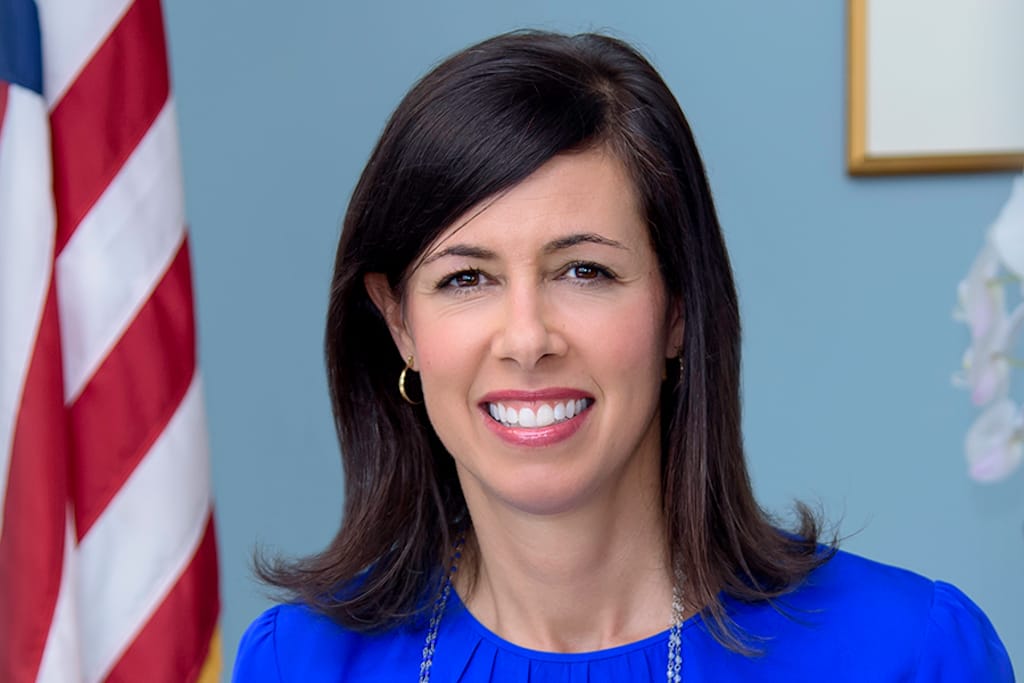FCC to Establish New Space Bureau, Chairwoman Says
‘The new space age has turned everything we know about how to deliver critical space-based services on its head.’
David B. McGarry

WASHINGTON, November 3, 2022 — The Federal Communications Commission will add a new space bureau that will modernize regulations and facilitate innovation, Chairwoman Jessica Rosenworcel announced Thursday.
The new bureau is intended to facilitate American leadership in the space economy, boost the Commission’s technical capacity, and foster interagency cooperation, Rosenworcel said, speaking at the National Press Club.
“The new space age has turned everything we know about how to deliver critical space-based services on its head,” Rosenworcel said. “But the organizational structures of the [FCC] have not kept pace,” she added.
The space economy is “on a monumental run” of growth and innovation, the chairwoman argued, and the FCC must remodel itself to facilitate continued growth. Rosenworcel said the commission is currently reviewing 64,000 new satellite applications, and she further noted that 98 percent of all satellites launched in 2021 provided internet connectivity. By the end off 2022, operators will set a new record for satellites launched into orbit, she said.
The FCC will not take on new responsibilities, Rosenworcel said, but the announced restructuring will help the agency “perform[] existing statutory responsibilities better.” In September, Rep. Cathy McMorris Rodgers, R–Wash., warned the FCC against overreaching its statutory mandate and voiced support for robust congressional oversight – a position reiterated by House staffers Wednesday.
“The formation of a dedicated space bureau within the FCC is a positive step for satellite operators and customers across the United States,” said Julie Zoller, head of global regulatory affairs at Amazon’s satellite broadband Project Kuiper, on a panel following Rosenworcel’s announcement.
“An important part of [Rosenworcel’s] space agenda is ensuring that there is a competitive environment in all aspects of that space,” said Umair Javed, the chairwoman’s chief counsel, during the panel. “So we’ve taken action to update our rules on spectrum sharing to make sure that there are opportunities for multiple systems to be successful in low Earth orbit.
“We’ve granted a number of experimental authorizations to companies that are doing really new…things,” Umair continued.
The FCC in September required that low–Earth orbit satellite debris be removed within five years of mission completion, a move Rosenworcel said would clear the way for new innovation.
In August, the FCC revoked an $885 million grant to SpaceX’s Starlink satellite-broadband service. FCC Commissioners Brendan Carr and Nathan Simington criticized the reversal, and Starlink has since appealed it.









Member discussion